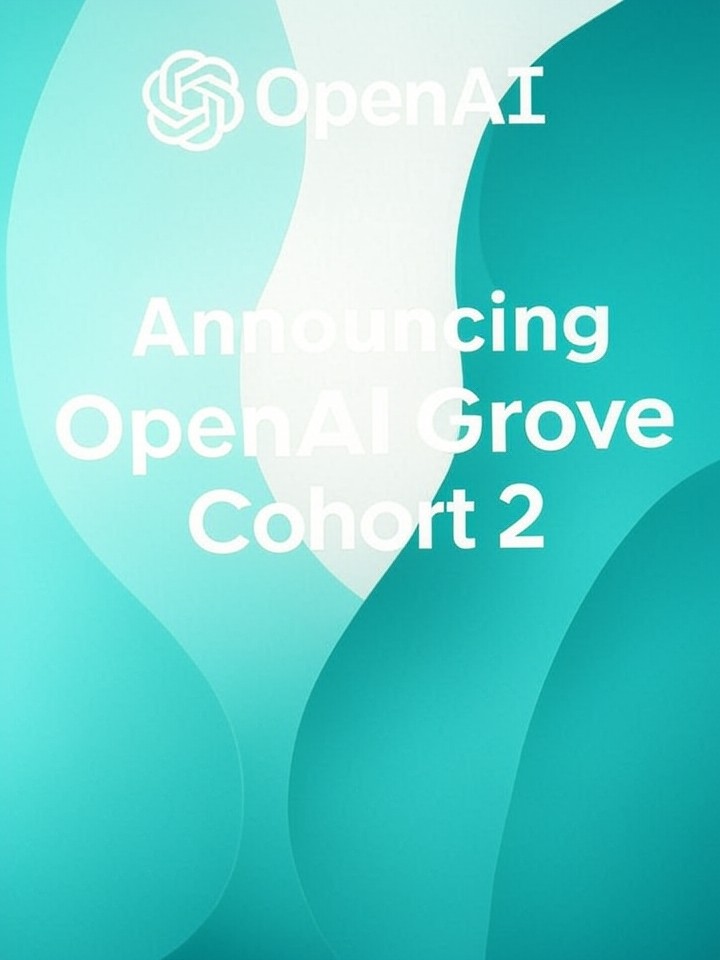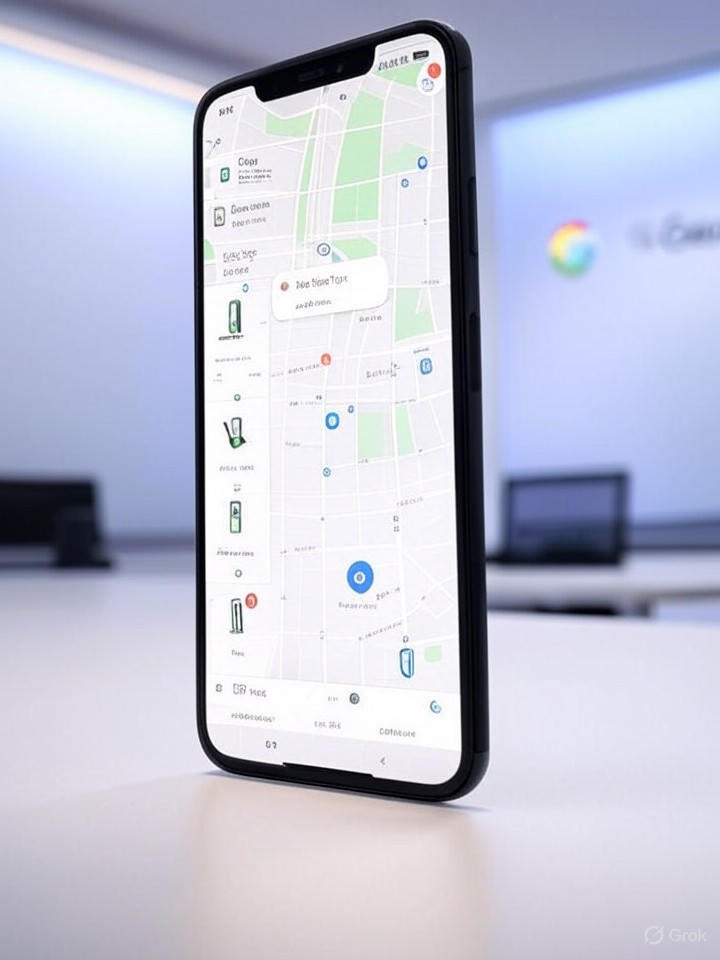Gemini Comes to Google Maps With Insider Tips, Social Lists, and EV Tools
The travel experience is being revolutionized once again as Google Maps integrates advanced Gemini AI capabilities to bring users smarter navigation, personalized insights, and a host of new features designed to simplify travel—especially during the hectic holiday season. From insider recommendations and social lists to enhanced electric vehicle (EV) tools, Google’s latest update promises to make every trip more informed, connected, and efficient.
With the integration of Google’s most powerful AI model, Gemini, into Maps, users can now access contextual travel tips, improved social features, and predictive insights that address common travel challenges. Here’s what to expect from the newest evolution of Google Maps.
Gemini-Powered Tips: Your Personalized Travel Assistant
Travelers often face the dilemma of choosing where to eat, stay, or explore in unfamiliar destinations. Gemini aims to solve that by delivering AI-powered recommendations tailored to your preferences. Whether you’re searching for the most scenic routes, trending restaurants, or hidden cultural gems, Gemini draws from a mix of Google’s vast data and community feedback to offer hyper-relevant suggestions.
This new layer of personalization goes beyond basic directions. For example, if you’re visiting New York City during the holidays, Google Maps—enhanced by Gemini—can identify popular holiday markets, cozy cafes, and local attractions that match your travel style. It can even adjust recommendations based on live weather conditions or traffic flow.
Social Lists: Discover What Locals Love
One of the most engaging new features in Google Maps is the introduction of Social Lists. These curated collections allow users and local guides to share themed recommendations publicly or privately. Think of it as a social network within Maps, where travelers can follow lists created by influencers, friends, or local businesses and add their own insights.
For instance, a traveler planning a weekend getaway to San Francisco can explore lists titled “Best Views of the Golden Gate,” “Local Coffee Hotspots,” or “Hidden Parks for Picnics.” Social Lists turn travel into a community-driven experience that encourages exploration beyond the typical tourist routes.
For creators and local businesses, this feature also offers new marketing potential. Restaurants, boutique hotels, and local attractions can increase visibility by being featured on popular community lists, driving organic traffic and engagement directly within Maps.
Enhanced Privacy: New Reviewer Protection Tools
As user-generated content becomes more central to Google Maps’ recommendations, so does the need for safety and privacy. The latest update introduces reviewer privacy tools that allow individuals to manage how their contributions appear publicly.
These tools enable users to post reviews or photos without exposing their full Google identity, providing greater peace of mind while still contributing valuable insights to others. This balance between transparency and user security is part of Google’s broader mission to promote authenticity and trust across its services.
Smarter Electric Vehicle Tools for Sustainable Travel
Electric vehicle (EV) drivers now have more reason to rely on Google Maps. The platform’s new EV tools integrate predictive analytics to identify charging stations, estimate wait times, and even forecast charger availability based on current usage patterns. This is particularly beneficial for long road trips during peak travel seasons, when charger demand tends to spike.
In addition, Gemini helps Maps adapt to EV users’ unique needs by factoring in battery range, vehicle type, and charging speed preferences. For example, if your car supports only fast-charging stations, Maps can prioritize those locations on your journey. The AI system continually learns from user behavior, refining its suggestions for an even smoother travel experience.
Real-Time Insights for Navigating the Holiday Rush
Holidays often bring traffic congestion, long wait times, and crowded destinations. With AI-powered real-time insights, Google Maps now provides predictive traffic forecasts and dynamic rerouting suggestions. Gemini’s contextual understanding allows it to predict when certain routes or attractions may be busiest and offer alternative options tailored to your itinerary.
For instance, if you’re planning to leave a major city on the Friday before Christmas, Maps can analyze live data and historical trends to recommend the best departure times or alternate highways that save valuable hours. It can even notify you about rest stops or attractions along the way that align with your past travel interests.
AI-Driven Local Recommendations
Beyond navigation, Gemini’s integration expands Google Maps’ role as a lifestyle and discovery platform. Instead of simply guiding you from point A to point B, it now curates a holistic travel experience. When planning a night out, Maps might suggest nearby venues with great reviews, upcoming local events, or highly rated new eateries that match your dining patterns.
This personalized layer of AI-driven assistance enhances everyday routines too. Commuters can expect smarter route planning that predicts disruptions, while urban explorers can discover emerging neighborhoods that align with their interests.
How Gemini Enhances the Google Ecosystem
What’s particularly exciting about Gemini’s arrival in Google Maps is its seamless integration across Google’s ecosystem. The same AI that powers advanced writing tools in Gmail or data analysis in Sheets now informs your travel decisions. By cross-referencing your preferences from across Google services—such as calendar entries, search history, or YouTube travel playlists—Gemini helps Maps anticipate your needs before you even articulate them.
For instance, if you’ve searched for “best winter hiking trails” recently, Maps might proactively suggest local hikes with real-time weather conditions, parking availability, and scenic stops nearby.
The Benefits for Travelers and Businesses
For travelers, Google Maps’ Gemini-powered transformation means fewer uncertainties, reduced stress, and a more enjoyable journey. It simplifies trip planning, ensures relevant information is at your fingertips, and increases safety through privacy features. For local businesses, the update fosters organic visibility and deeper engagement through social discovery and community-driven content.
The combination of AI insights, user-generated social content, and sustainability tools makes Google Maps a versatile travel companion that bridges digital intelligence with real-world exploration.
Embracing the Future of Smart Navigation
As Google continues to weave AI deeper into its suite of tools, Maps remains one of its most dynamic playgrounds for innovation. Gemini’s integration not only advances navigation technology but also redefines how users interact with their surroundings. The focus on personalization, privacy, and sustainability underscores Google’s vision of a connected world where information enhances—not overwhelms—our journeys.
Whether you’re navigating holiday traffic, exploring a new city, or managing your EV’s charge, Google Maps with Gemini ensures every trip is smarter, smoother, and more enjoyable.
Conclusion
The arrival of Gemini-powered features in Google Maps marks a pivotal step toward a more intelligent, intuitive travel experience. By combining AI-driven insights, social collaboration, and eco-friendly tools, Google is giving users more control and confidence on the road. As we move into an era of smart travel, the new Google Maps stands as a model for how artificial intelligence can turn everyday navigation into an immersive, data-informed adventure that benefits both travelers and local communities alike.











